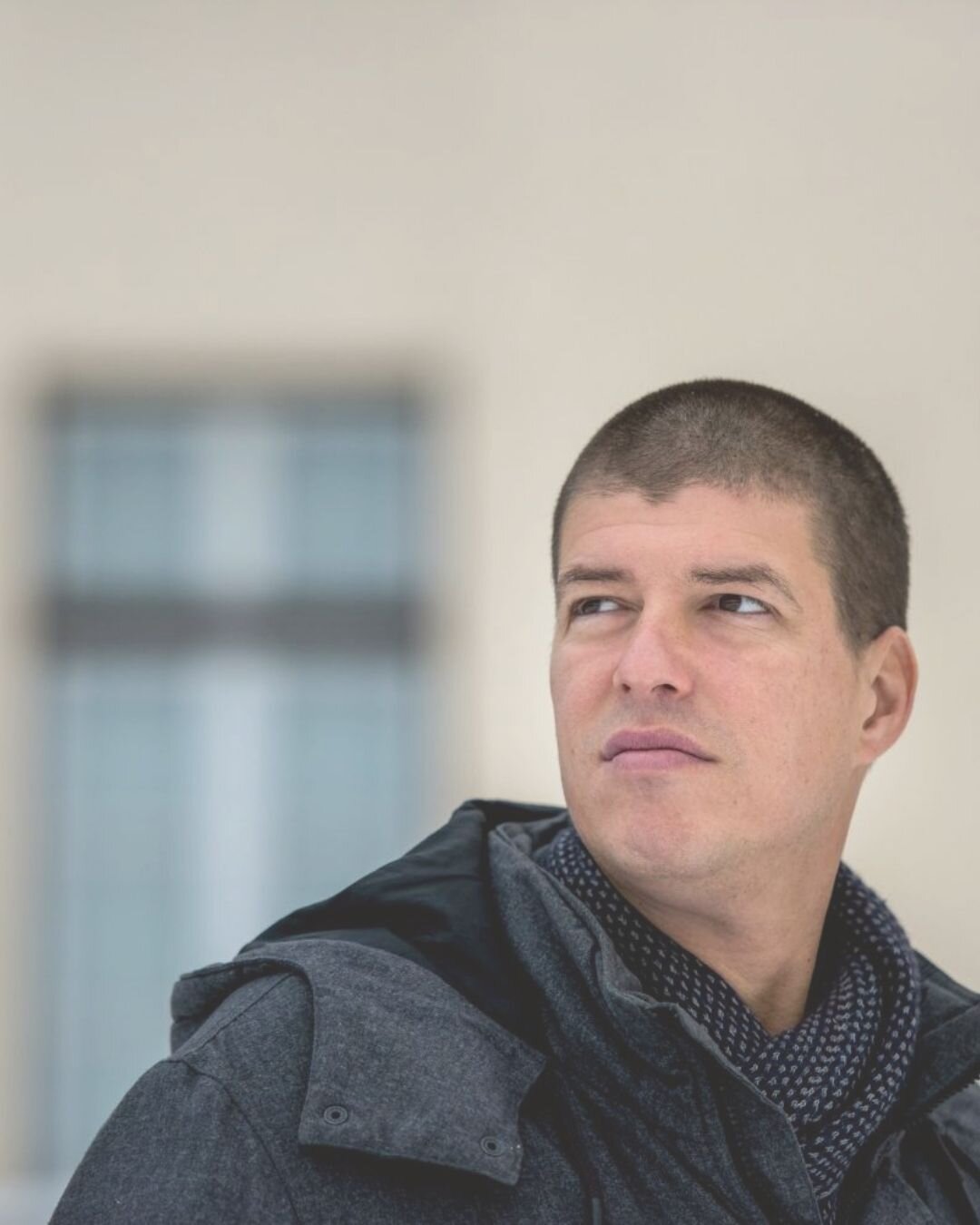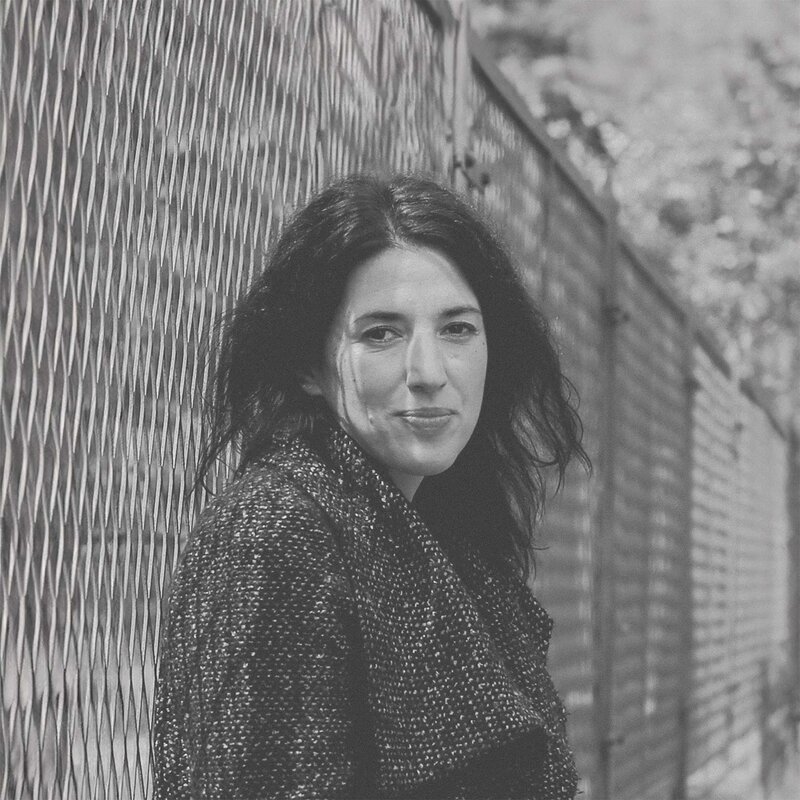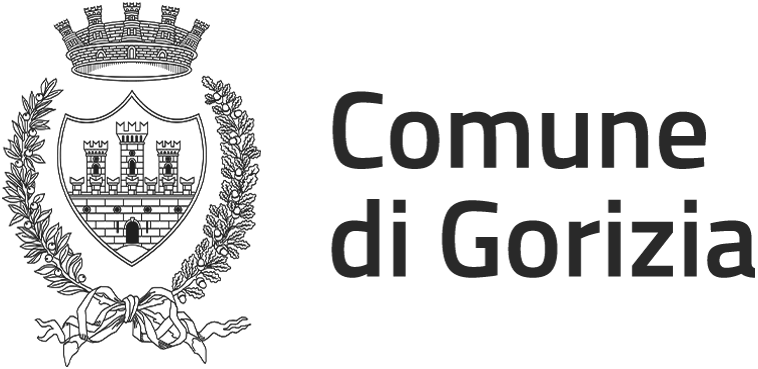Born in 1980 in Ljubljana, Goran Vojnović is one of the most recognizable figures in contemporary Slovenian cultural landscape. The writer, film and theatre director, columnist and graduate of the Academy of Theatre, Radio, Film and Television (AGRFT) explores identity, belonging and social differences in his works.
With his first novel, Čefurji raus! (Southern Scum, Go Home!, 2008), he proved himself to be an exceptional storyteller. The story, which follows a young boy faced with the challenges of immigrant identity, impressed both critics and readers. He was awarded the Prešeren Fund Award and the Kresnik Award, and the novel was produced in a very successful film and theatre adaptation. In 2021, he wrote a sequel to the story titled Đorđić se vrača (Đorđić Is Back). With works such as Jugoslavija, moja dežela (Yugoslavia, My Fatherland, 2012) and Figa (The Fig Tree, 2016), he consolidated his position as one of the most respected Slovenian authors – both novels also received the Kresnik Award, an achievement that he shares with only a few other authors. His works follow intimate stories, intertwined with historical events and social changes. For example, in Yugoslavia, My Fatherland, he explored the consequences of the collapse of the former Yugoslavia through the eyes of a young protagonist searching for his father. The Fig Tree is a subtle portrait of family ties and internal conflicts brought about by differences among generations. His books have been translated in several foreign languages and internationally recognized, as confirmed by the Angelus Award.
In addition to his literary work, Vojnović is an accomplished director. His film debut Piran - Pirano (2010) is a delicate portrait of people connected by history but separated by borders. In his Southern Scum, Go Home! adaptation (2013) from a novel to a film, he once again explored the dynamics of the immigrant community in Slovenia. His latest film, Zbudi me (Wake Me Up, 2022), explores personal and social traumas stemming from the wars in the Balkans, confirming once again his ability to explore emotional themes in depth.
He also works as a columnist for the Dnevnik newspaper, often discussing current social issues. His writings are marked by empathy and a critical view of contemporary society. It is precisely this ability to reflect on broader social contexts that allows him to transcend the local framework through his works and offer a subtle insight into Slovenian and wider Balkan society. His ability to present local stories in a way that touches a global audience places him among the most influential Slovenian creators of contemporary times.
As part of the European Capital of Culture 2025 Nova Gorica - Gorica, he was invited to participate in the Unable to Die project, which is considered the heart of GO! 2025 official program. The entire project by the Mittelfest association, GO! 2025 and the Slovenian National Theatre Nova Gorica, was conceptualized by Italian director Giacomo Pedini from Mittelfest. The theatrical production will consist of three plays, Vojnović wrote the text for the second part of the trilogy, entitled In Search of the Lost Language, which deals with the period after World War II and the time of the sharp division into East and West. The premiere of the theatrical production of Vojnović's adaptation was held in November 2024 on the main stage of the SNG Nova Gorica.
The protagonists of the story are family members who found themselves on different sides of the border. "In Search of the Lost Language is a story about the unreliability of memory. Memory that fades, memory that deceives us, memory that separates us. This is a story about the past and the present, about the past that failed to become the past, and about the present that is stifled by the past," he said at the play premiere.
Photo: Mankica Kranjec (Beletrina)





